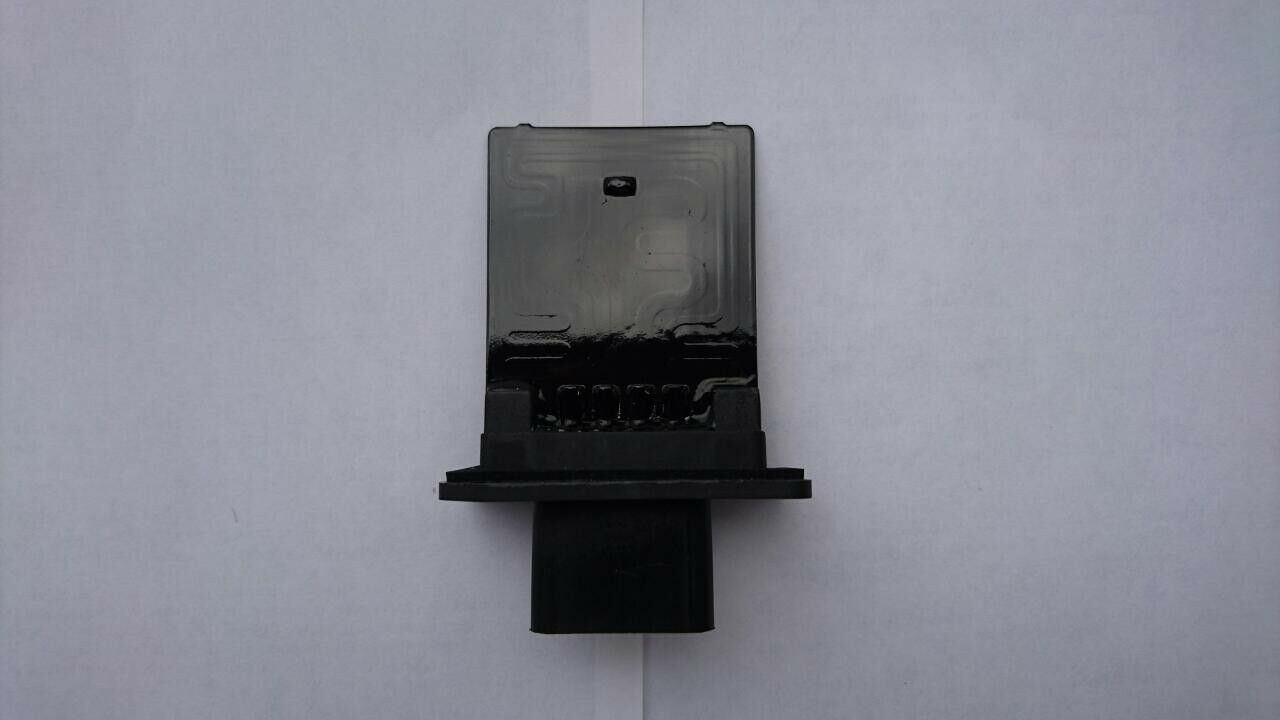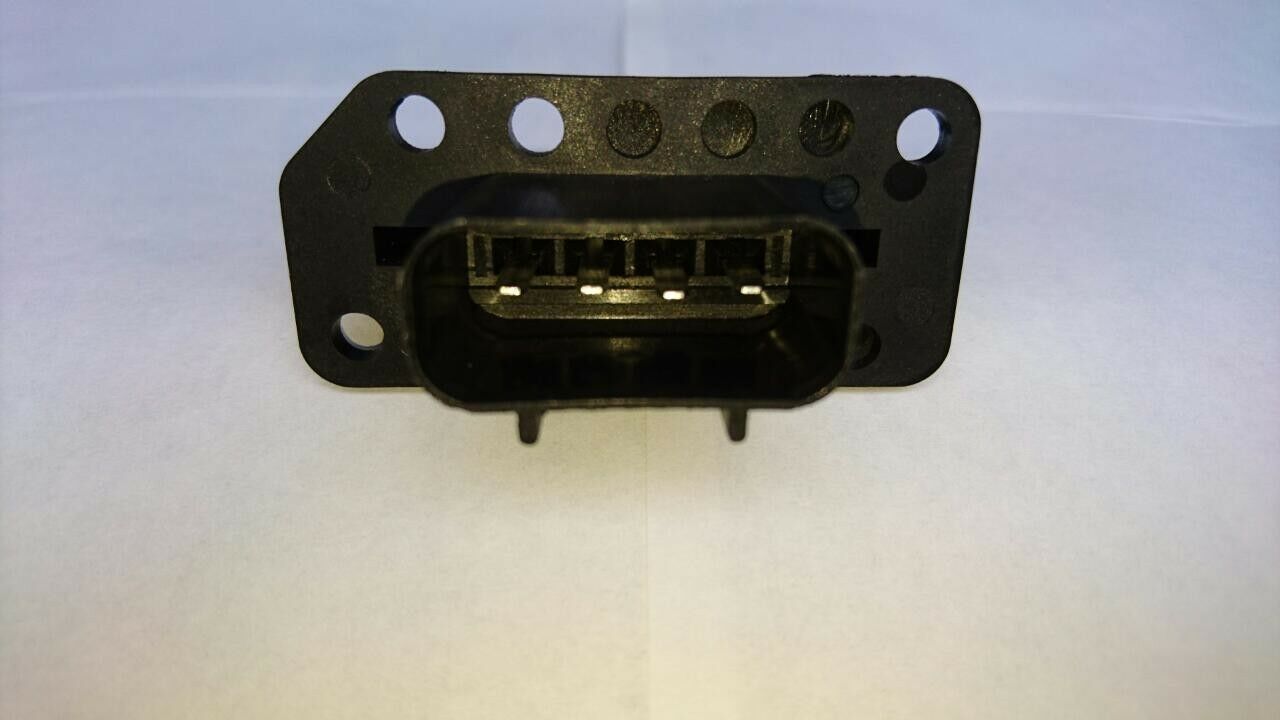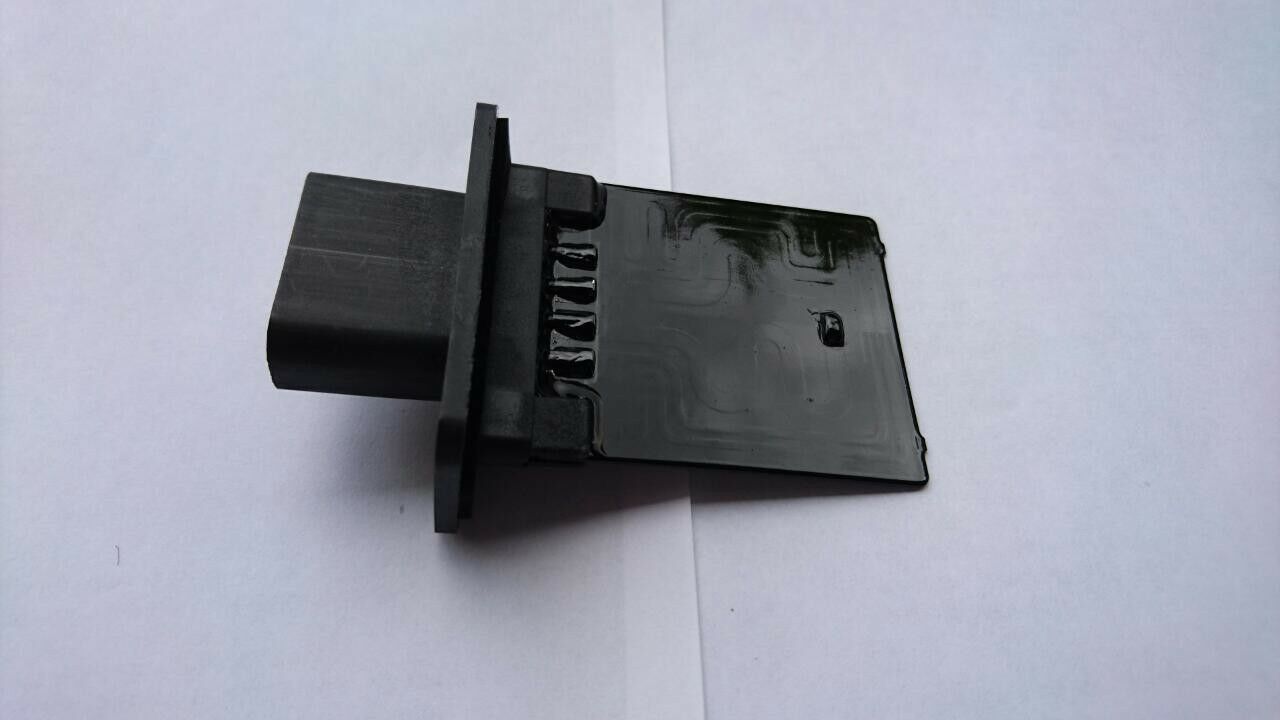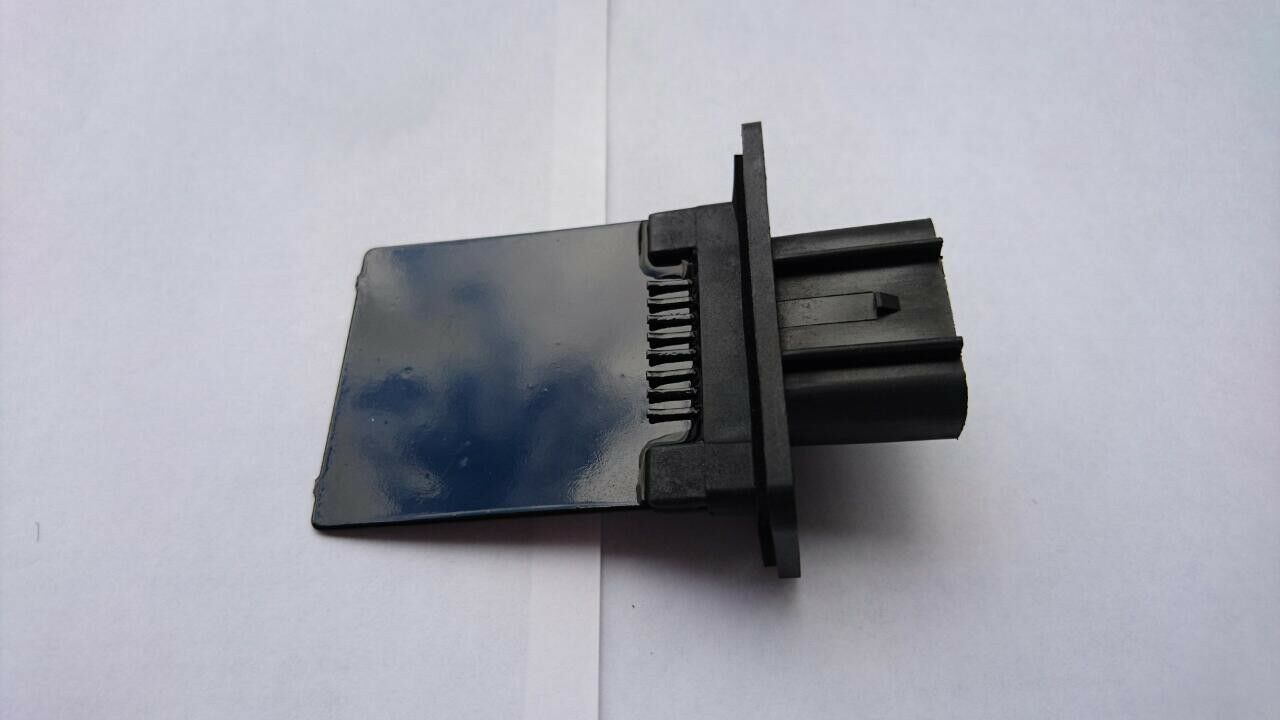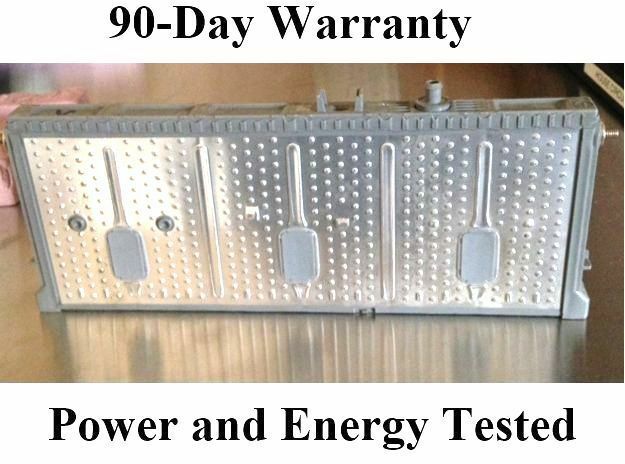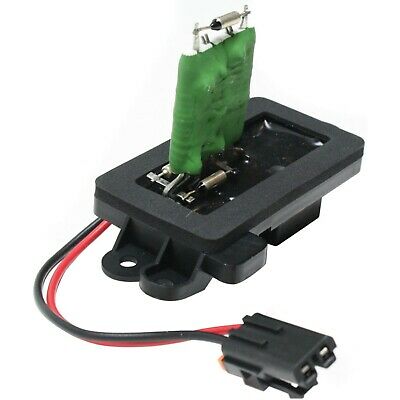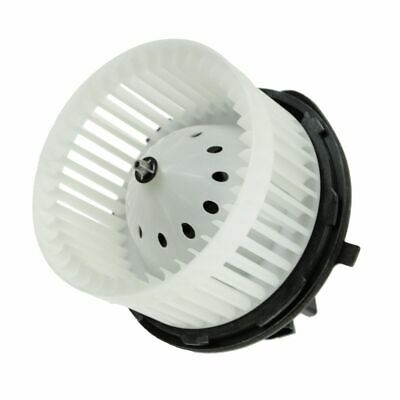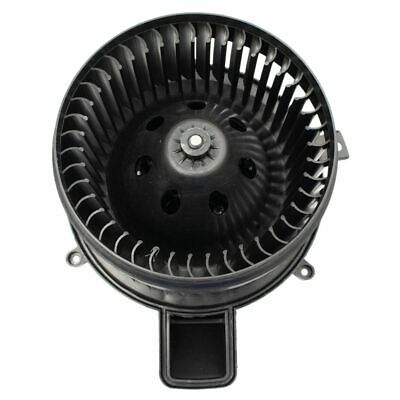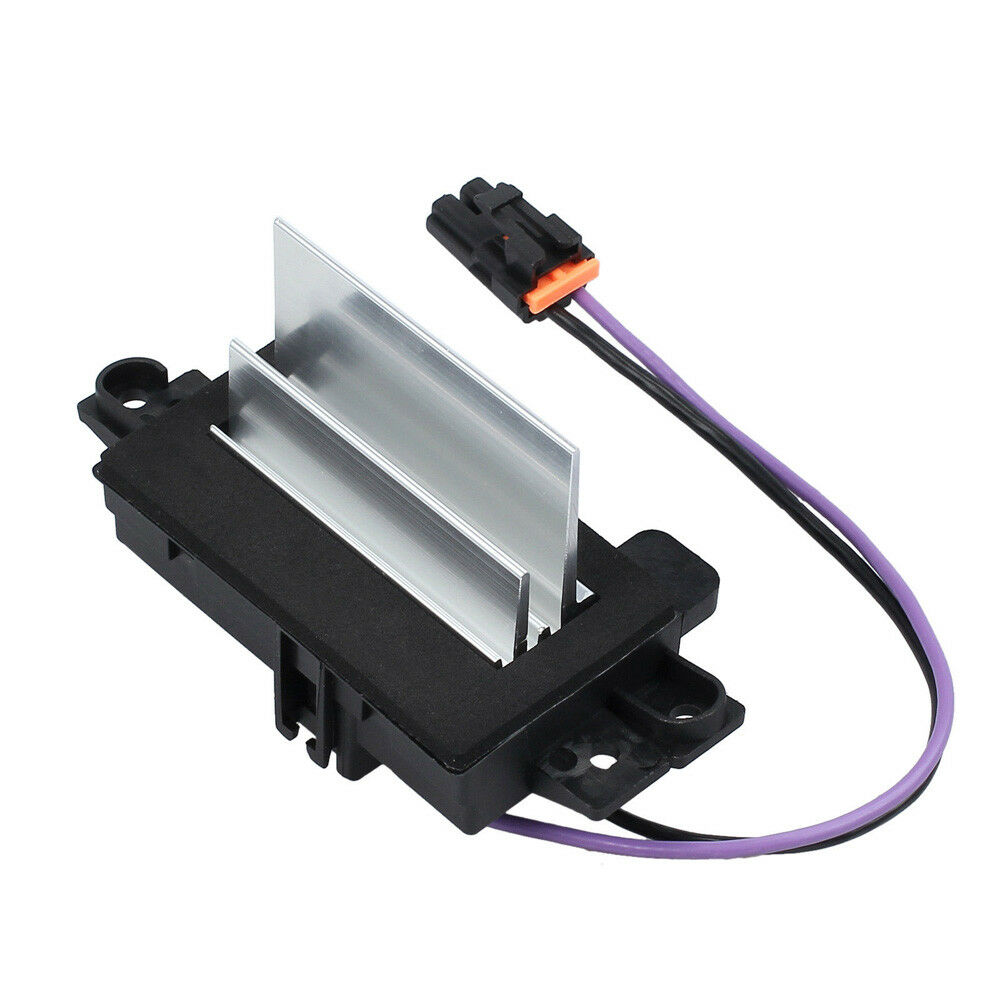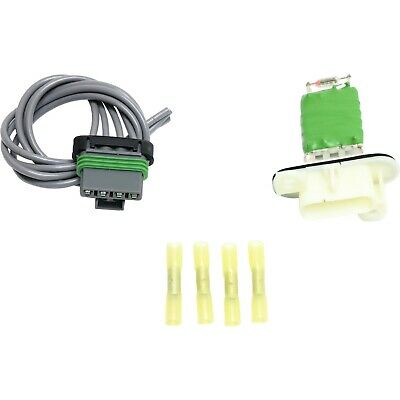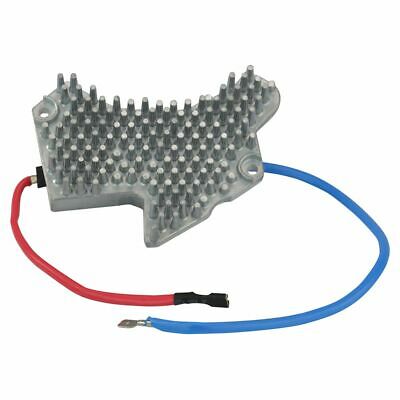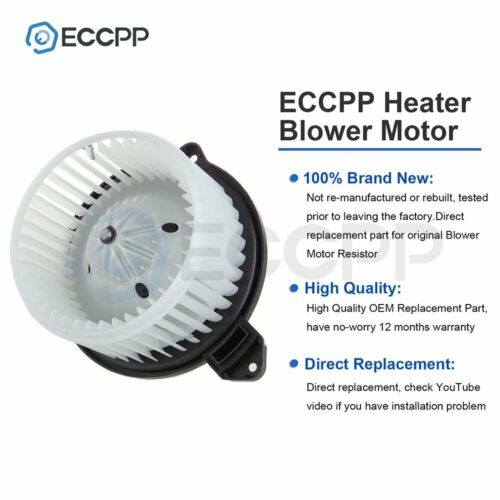-40%
OEM# 20287, 271505Z000 New OEM Replacement HVAC Blower Motor Resistor
$ 10.56
- Description
- Size Guide
Description
YR031ROE Replacement with Highest Quality Guarantee
Product Image:
Product Image
(Plug)
:
Product Description
Item #:
YR031R HVAC Blower Motor Resistor
OEM#
20287, 271505Z000
Fits:
1. INFINITI QX56 2004
All
Engine
(Location: Rear)
2. NISSAN ARMADA 2005
All
Engine
(with Manual Temperature
Control)
3. NISSAN FRONTIER 2005-2016
All
Engine
(with Manual
Temperature Control)
4. NISSAN PATHFINDER 2005
All
Engine
5. NISSAN QUEST 2004
All
Engine
(with Manual Temperature
Control)
6. NISSAN TITAN 2004-2009
All
Engine
(with Manual Temperature
Control)
7. NISSAN TITAN 2011
All
Engine
(with Manual Temperature
Control)
8. NISSAN XTERRA 2005-2010
All
Engine
9. NISSAN XTERRA 2014-2015
All
Engine
(with Manual
Temperature Control)
10. SUZUKI EQUATOR 2009-2012
All
Engine
(with Manual
Temperature Control)
Payment
Secured payment solution with PayPal.
Return Policy
We will gladly accept return for defect item within 14 days of purchase. Item mute be in the original condition with YourRadiator packaging. We use verification system and all returns are subject to validation/ approval.
Shipping Estimate
U
S
PS
First Class Mail
to all states.
We also provide other shipping methods. Please contact our customer service for more details.
Our Warranty
Manufacturer Limited
One Year
Warranty
Our products carry a Manufacturer Limited One Year Warranty against workmanship and materials under normal driving conditions as long as the original purchaser owns the vehicle in which the parts were installed. Any alternations or problems due to improper installation will not be covered.
In the event of failure due to defect in material or workmanship, the original purchaser is responsible for the cost of labor, antifreeze and any additional parts required for re-
installation.
All vehicles used for commercial use like police vehicles, rental vehicles or any other fleet vehicles are excluded from
our
warranty due to extreme conditions beyond normal usage.
Also excluded from warranty are cooling products that have been
altered, subjected to misuse, abuse, negligence or operating conditions other what such equipment was designed. This also does not cover damage to connection threads stripped during installation or any chemical effects of water, steam, or other liquid, gases or agents present in the system or operating environment of the equipment or the failure of the vehicle warning system.
Flushing the system
It is important to flush (Drain and refill) your vehicles cooling system before installing the new radiator. Failure to do this will void warranty. Distilled water is recommended to mix with your manufacturers recommended coolant. Evidence of hard water in the radiator will void warranty.
Warranty Exclusions
Warranty excludes
commercial vehicles
due to extreme conditions.
1.
Improper installation: Damage as the result of improper or incomplete installation, or abuse by the installer.
2.
Stripped threads: Cross-threading any fitting that results in damage to the threads.
3.
Excessive heat
is the most common cause of radiator failure. Radiators are very vulnerable to steam erosion.
4.
Electrolysis:
Aluminum is vulnerable to electrolytic corrosion because aluminum is a highly reactive metal.
5.
Extreme Pressure:
Splits in radiator seams or between the tubes and header may be the result of too much pressure in the cooling system.
